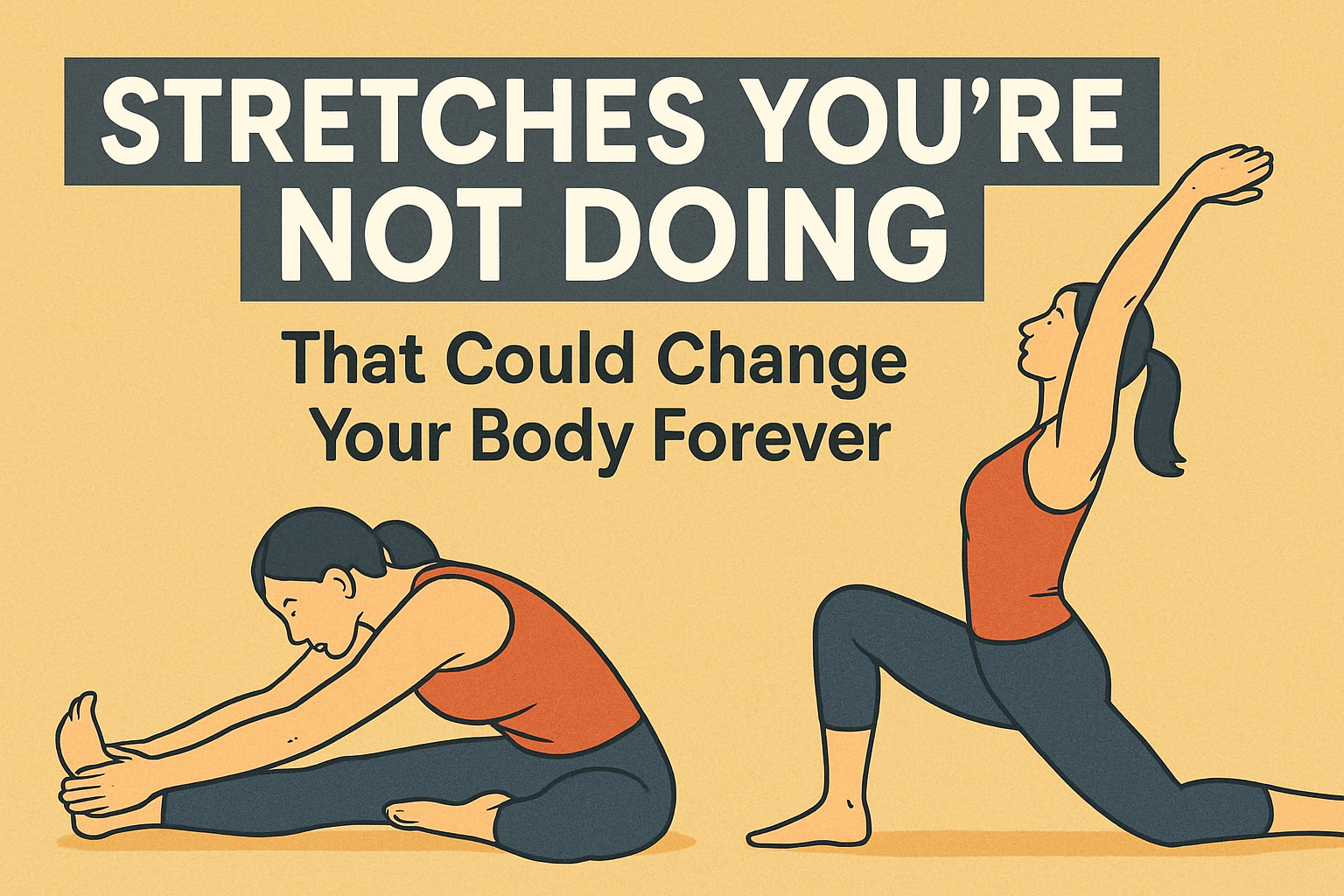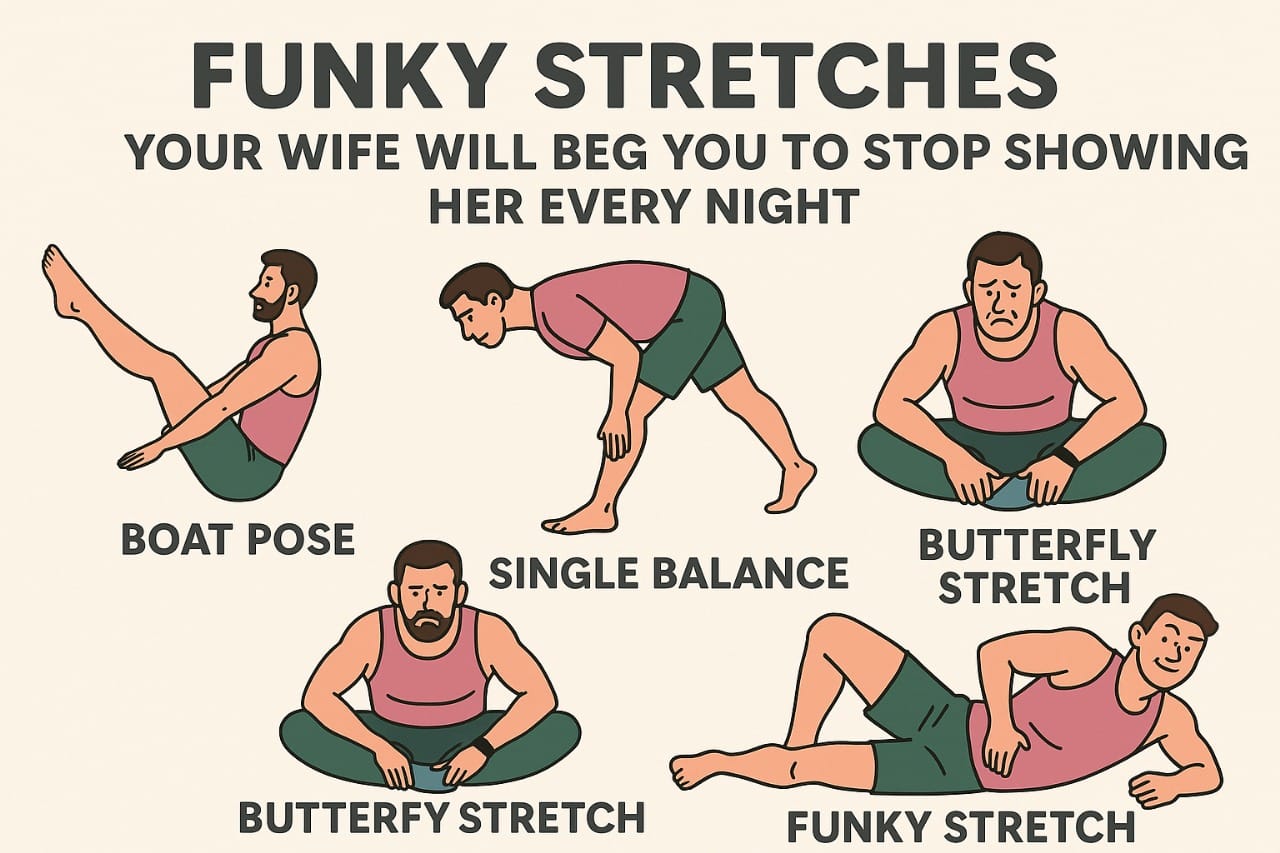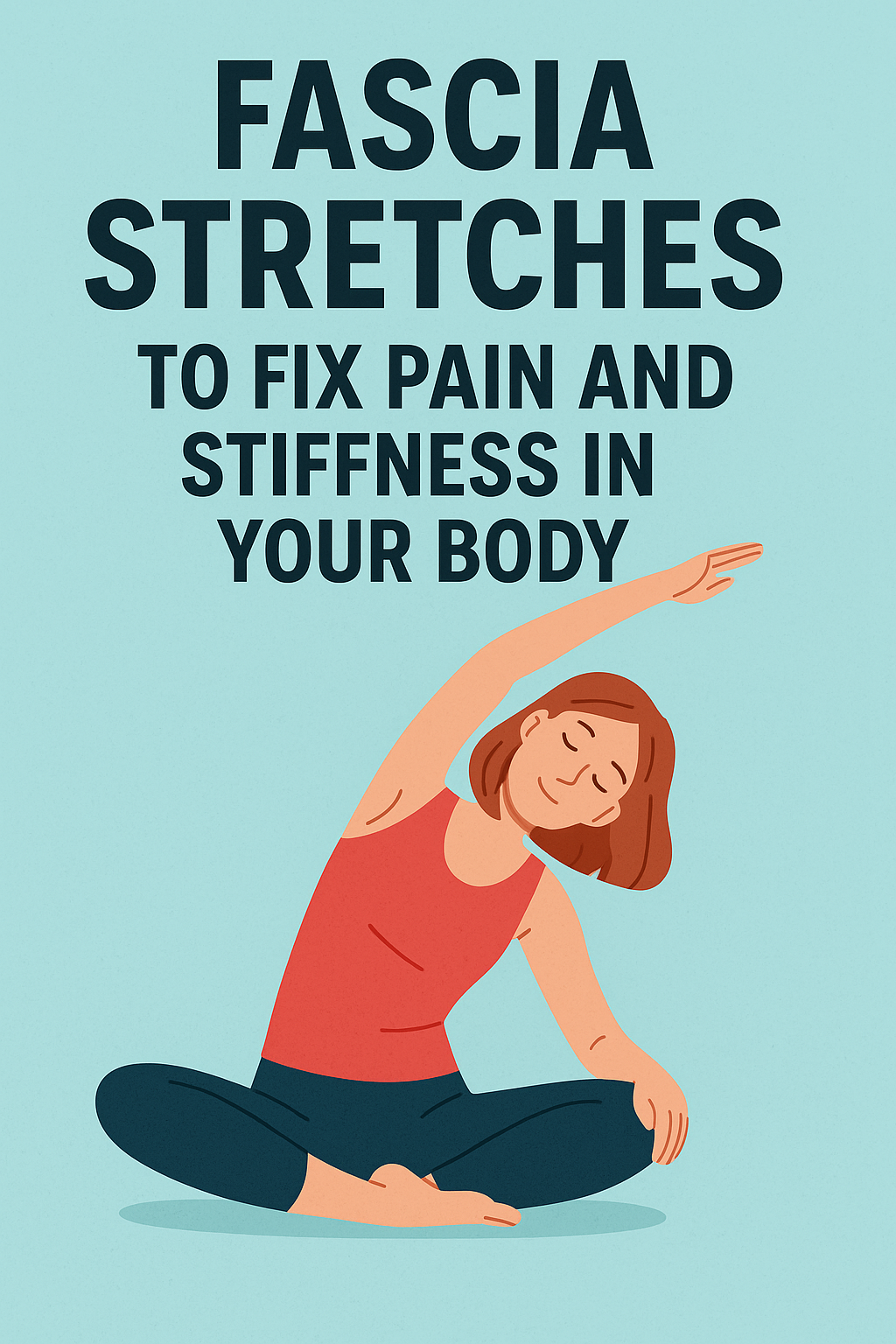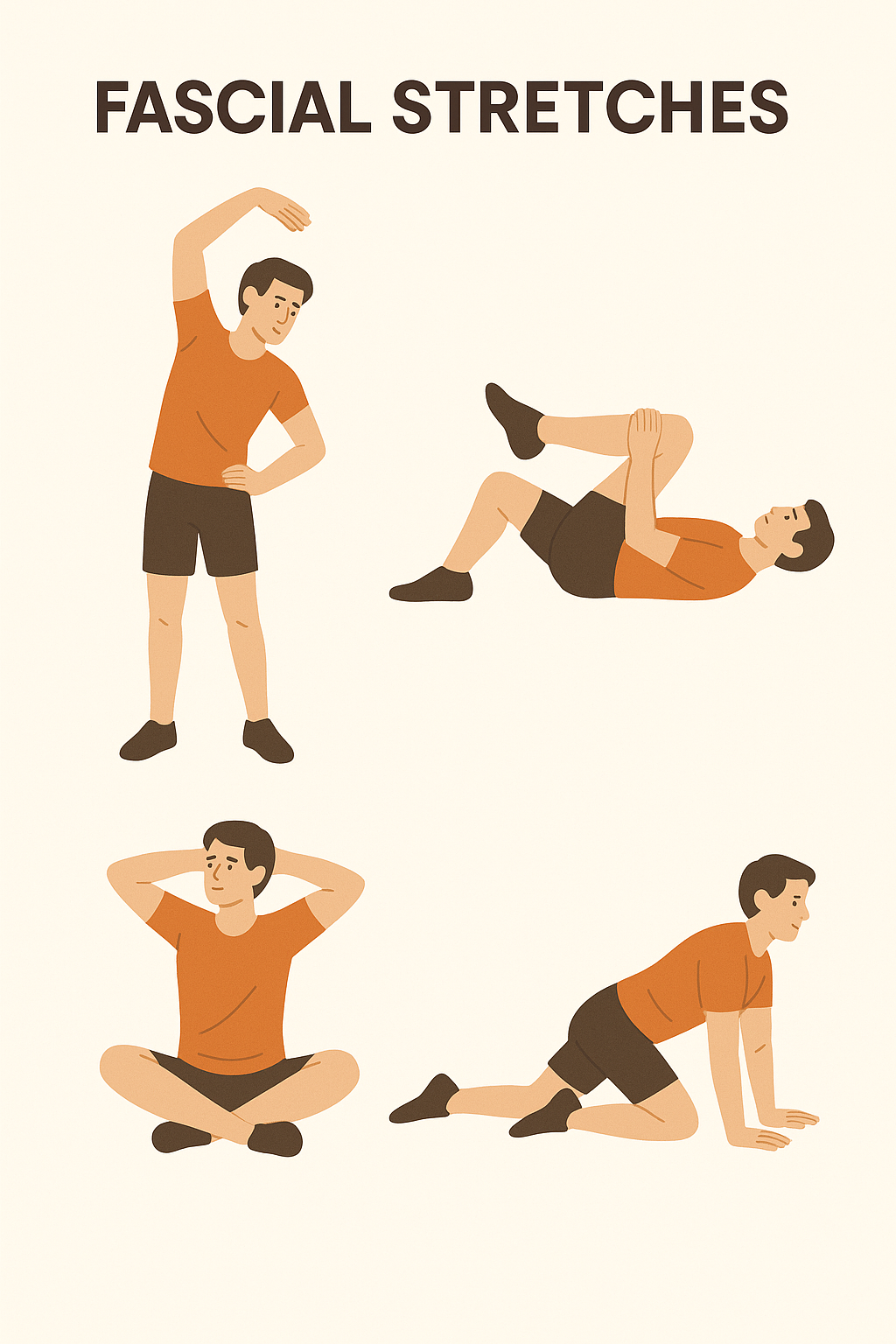A good night's sleep can really optimize your day. But what happens to you when you have trouble getting enough rest?
(TC 00-00:35)
At-Home Tests and Devices To Monitor Your Sleep
What if you want to track your sleep patterns and monitor the quality of your sleep yourself - what devices are out there for you to use at home?
Ouraring tracks your sleep quality by total sleep time, your sleep stages, and heart rate variability.
How Do Oura Ring and Whoop Compare?
You can learn more about tracking Heart Rate Variability (HRV) in How Can You Monitor Your Stress Leves?
Are You Getting Enough Air?
If you wake up with headaches in the morning, it may be because you're not breathing well.
What is the CBCT Scan?
Can You Test Yourself for Sleep Apnea At Home?
Spending the night hooked up to wires at a sleep clinic doesn't make for a good night's rest.
WatchPat is an at-home device you wear on your wrist to test yourself for sleep apnea. It uses finger sensors to monitor your sleep patterns to detect any sleep apnea events you might be having.
What's The Most Comprehensive At Home Sleep Test?
Many wearable devices track your sleep cycles, but what if you want something that monitors every possible element that can affect your sleep both internally and externally?
Withings is not a wearable device - instead, it's a mat that you place over your mattress and sleep on. It records your sleep cycles, heart rate, and also environmental factors like room temperature and humidity. Withings seems like the most comprehensive way to monitor your sleep.
(TC 00:37-:49 and 1:21-2:00)
What's Next?
You can ask your doctor for tests like an actigraphy (a wrist device that tracks sleep patterns). An actigraphy can be used both in sleep labs and at home; doctors often give you one to monitor sleep patterns and behaviors in your natural environment for a more comprehensive assessment of your sleep issues.
Also, you can ask your doctor for blood tests to check for thyroid issues or anemia.
What Do Thyroid Issues or Anemia Have to do With Sleep?
Thyroid issues like hypothyroidism or hyperthyroidism can disrupt sleep patterns by causing daytime fatigue or insomnia.
Anemia can lead to decreased oxygen levels in the blood and daytime fatigue, making it hard to get restful sleep.
Don't Have a Doctor?
At home tests are great for daily health monitoring, but you should also see a medical professional about your symptoms.
Don't have a doctor?
Zocdoc is a booking platform that connects you to general practitioners and specialists. You can find a doctor in your area and that will accept your insurance. Through Zocdoc you can read doctors' profiles and patient reviews, and book appointments.
Want More Sleep Info?
Check out our sleep week next week where we get much deeper into how you can improve your sleep quality. Find out how to fix your snoring, and learn about a bunch of different products you can use to get better zzz's.
What if Your Sleep and Headache Issues Are Due to Stress?
We'll do a deep dive into how to monitor your stress levels in another article this week.
Today's Host

Boost Health Daily Host
Featured Health Specialists

Author, educator, naturopath, nutritionist & international speaker on natural healing

🪥Health-Based Dentist | Naturopath










What do you think?
It is nice to know your opinion. Leave a comment.